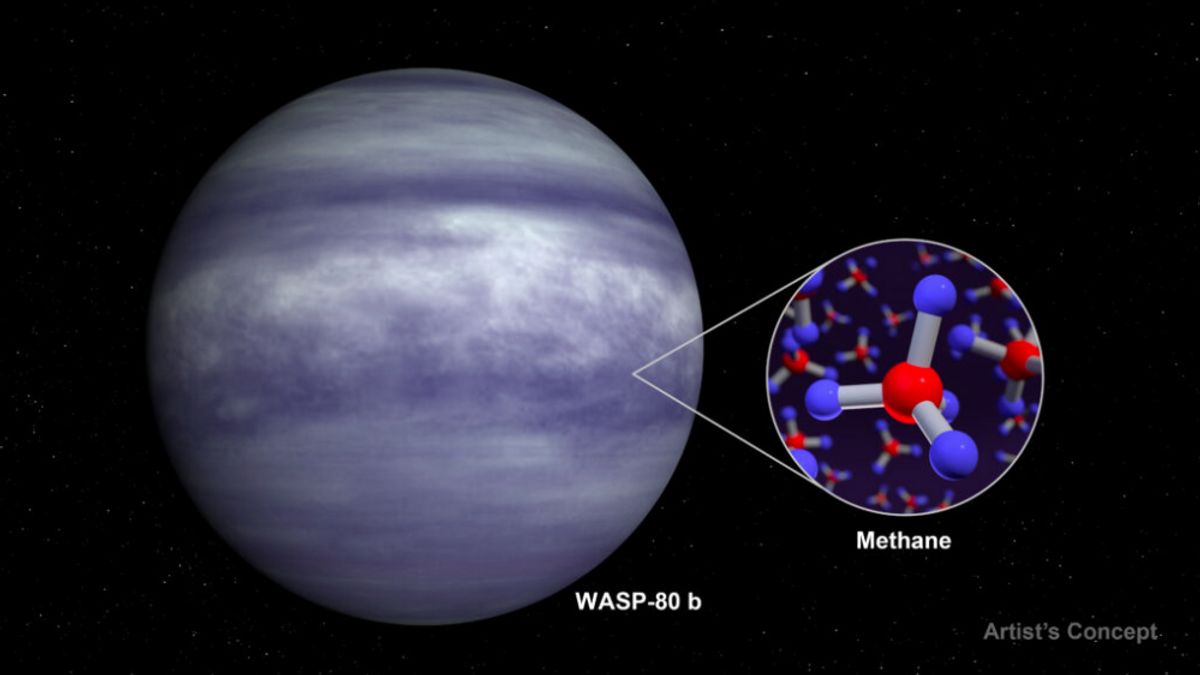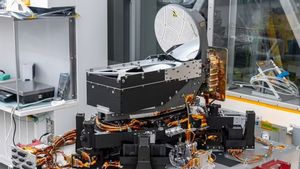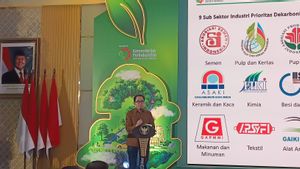JAKARTA The United States (NASA) Aeronautics and Space Agency announced that the James Webb Space Telescope found methane content on one of the exoplanets.
The methane was detected in the WASP-80b atmosphere, a half-sized planet of Jupiter. The planet orbits a K-type main series star who is currently about 1.5 billion years old and 162 light-years away.
James Webb managed to detect methane while passing in front and behind its parent star. At that time, James Webb detected spectra from the WASP-80b atmosphere that were seen to contain methane gas and water vapor.
With the presence of these molecules, astronomers will immediately examine the methane they found and compare it with the findings of other methane in the atmospheres of Jupiter, Saturn, Uranus, to Neptune.
Metana is one of the important molecules in the search for signs of life on other planets, both in the Solar System and on exoplanets. Meta can be a sign of life if it comes with a large mass.
Sciencealert says that methane is not difficult to make. Therefore, methane is one of the most common molecules found in the Solar System, but the amount is still not too much.
Although it is one of the common findings, not many exoplanets have methane. Therefore, astronomers need to change their view of methane as a biological sign if these molecules continue to be detected in the exoplanet atmosphere.
SEE ALSO:
"When we find methane and other gas exoplanets, we will expand our knowledge of how chemistry and physics work in conditions unlike what we experienced on Earth," the James Webb researchers wrote in a NASA release.
The WASP-80b research is still being carried out by astronomers to date. The discovery of methane may be the answer to theBAGAINE WASP-80b formed to how the planet evolved.
"With such a convincing detection, we are not only finding molecules that are very difficult to understand, but now we can begin exploring what this chemical composition can convey to us about the birth, growth, and evolution of this planet."
The English, Chinese, Japanese, Arabic, and French versions are automatically generated by the AI. So there may still be inaccuracies in translating, please always see Indonesian as our main language. (system supported by DigitalSiber.id)


















